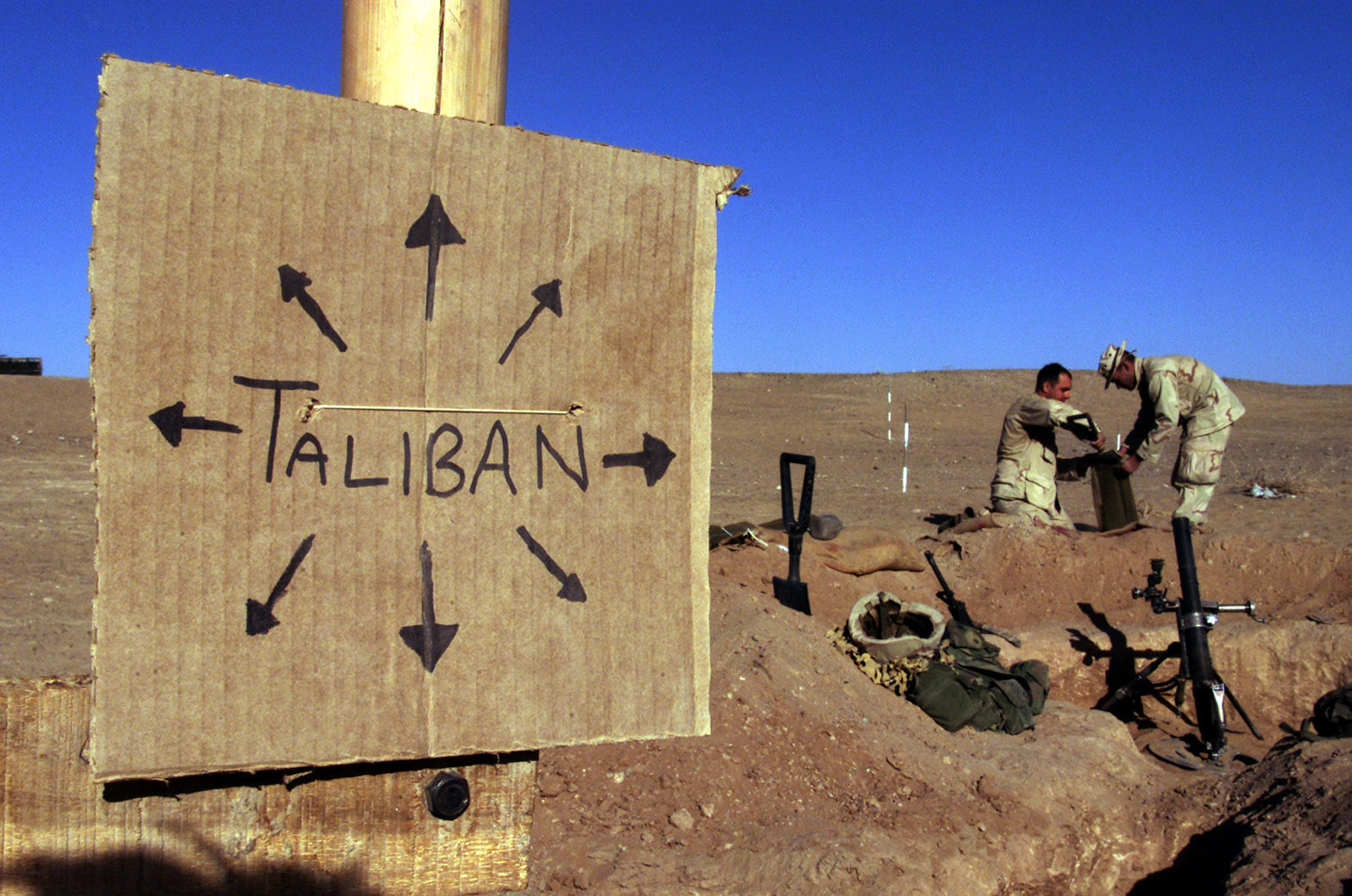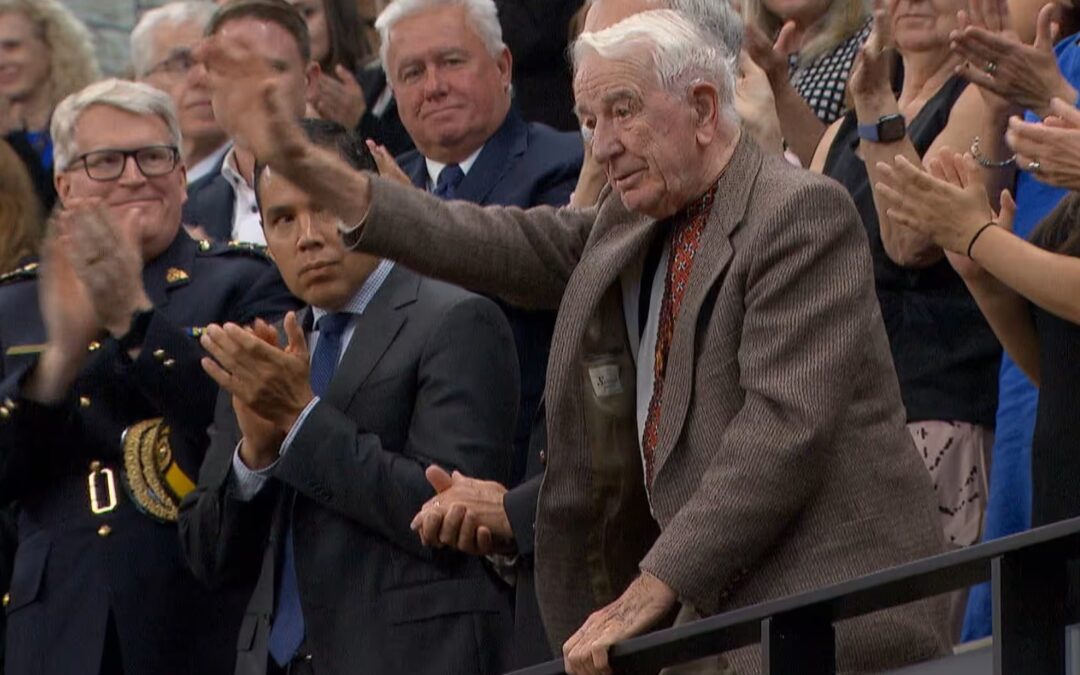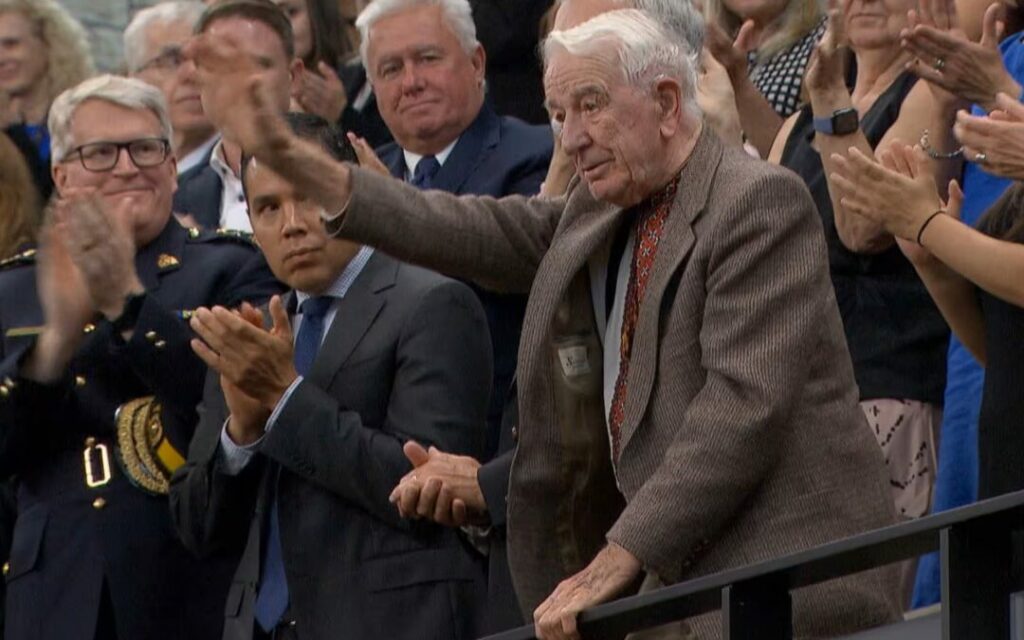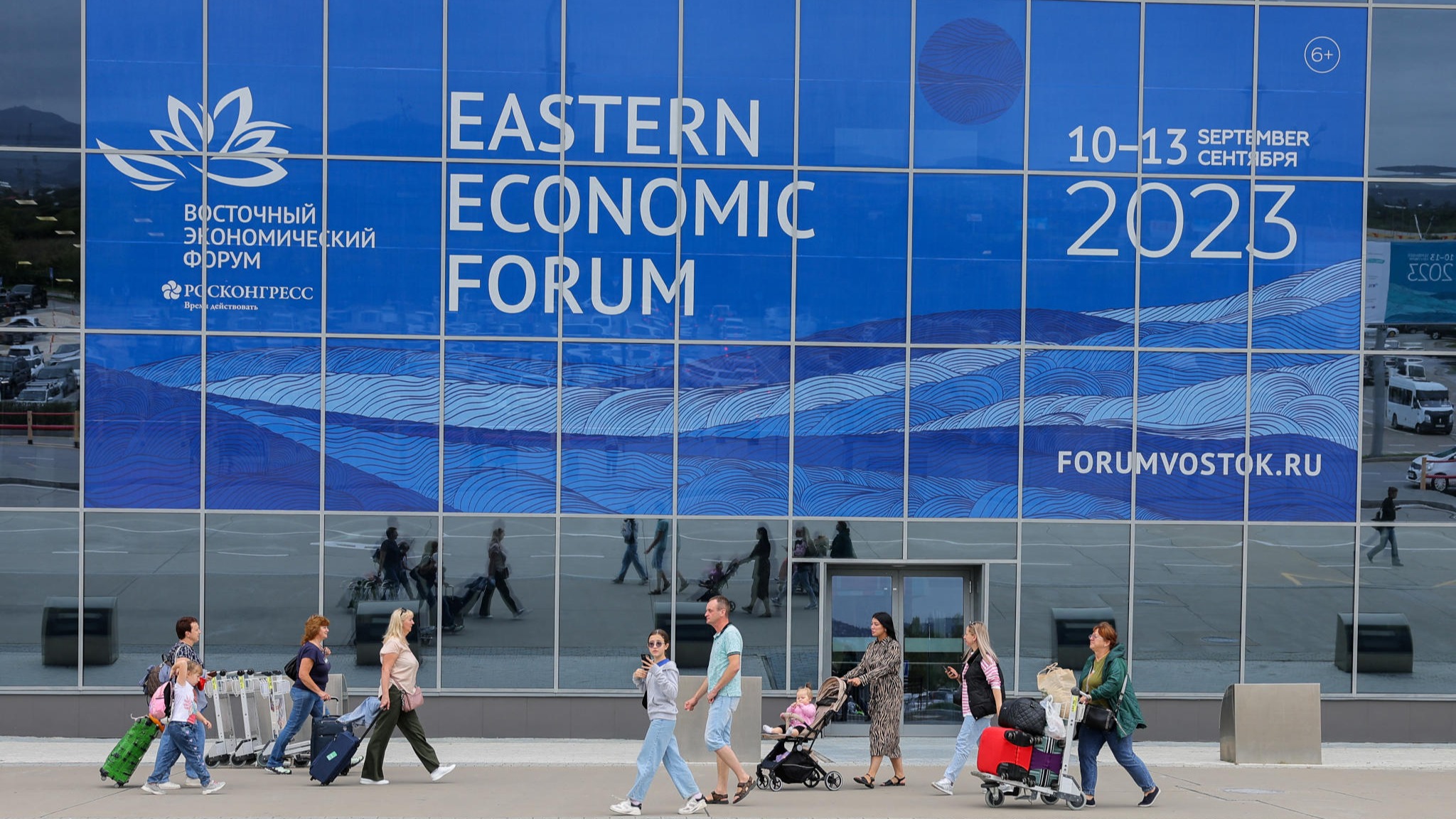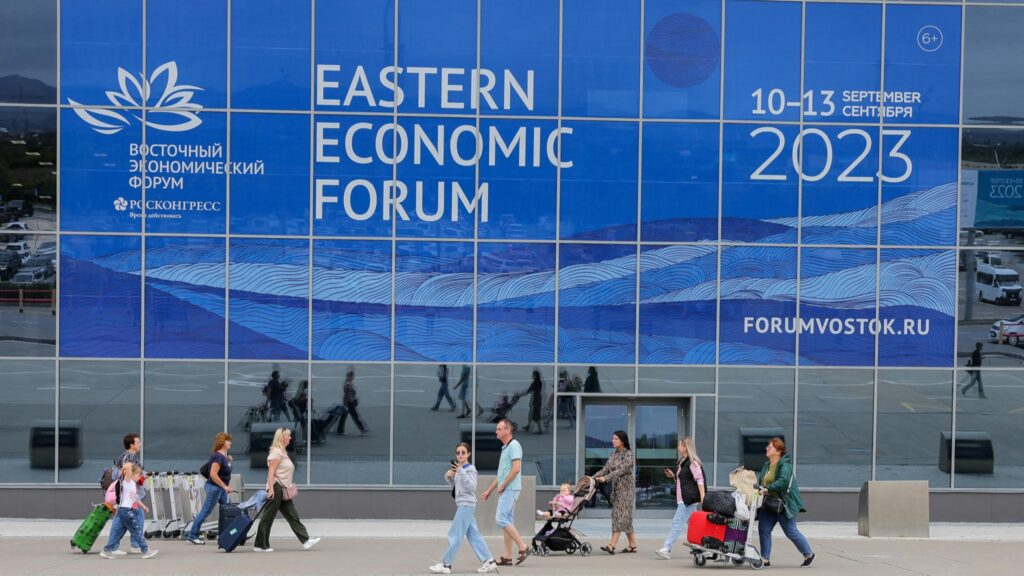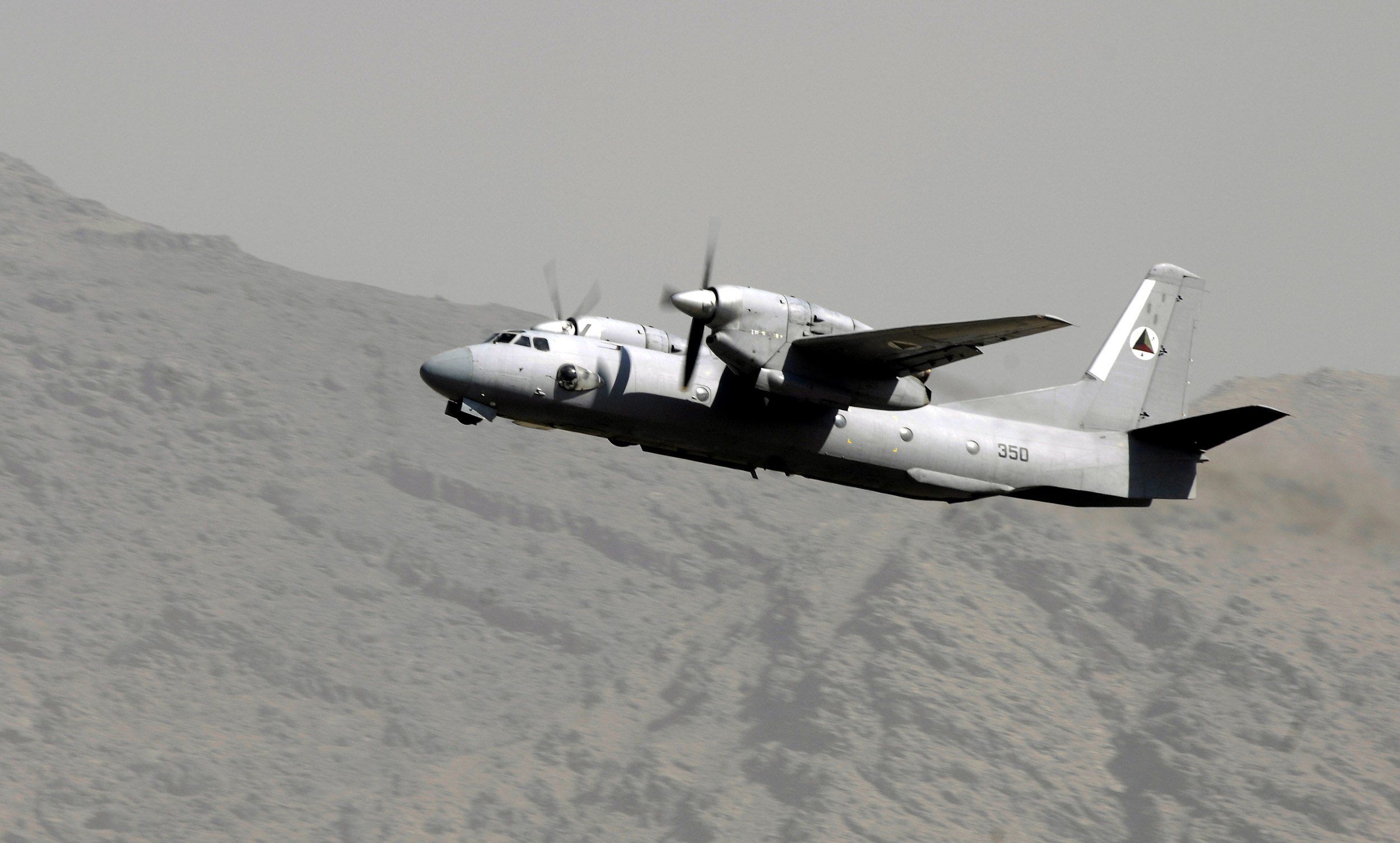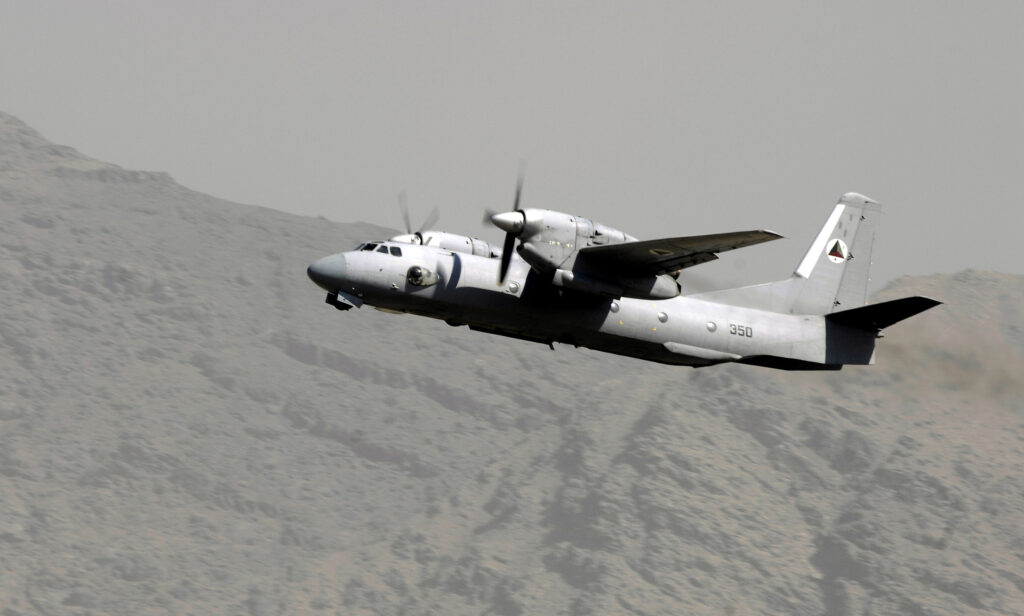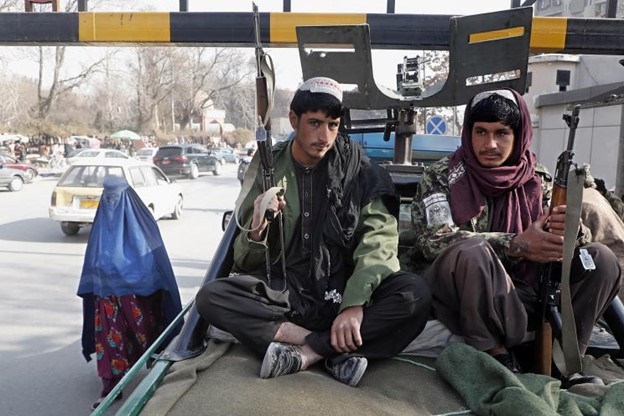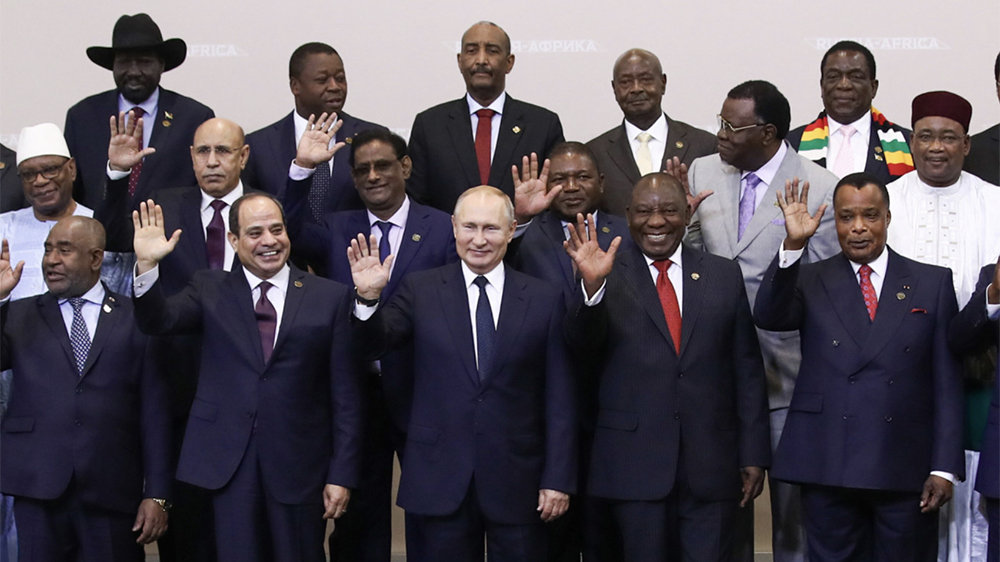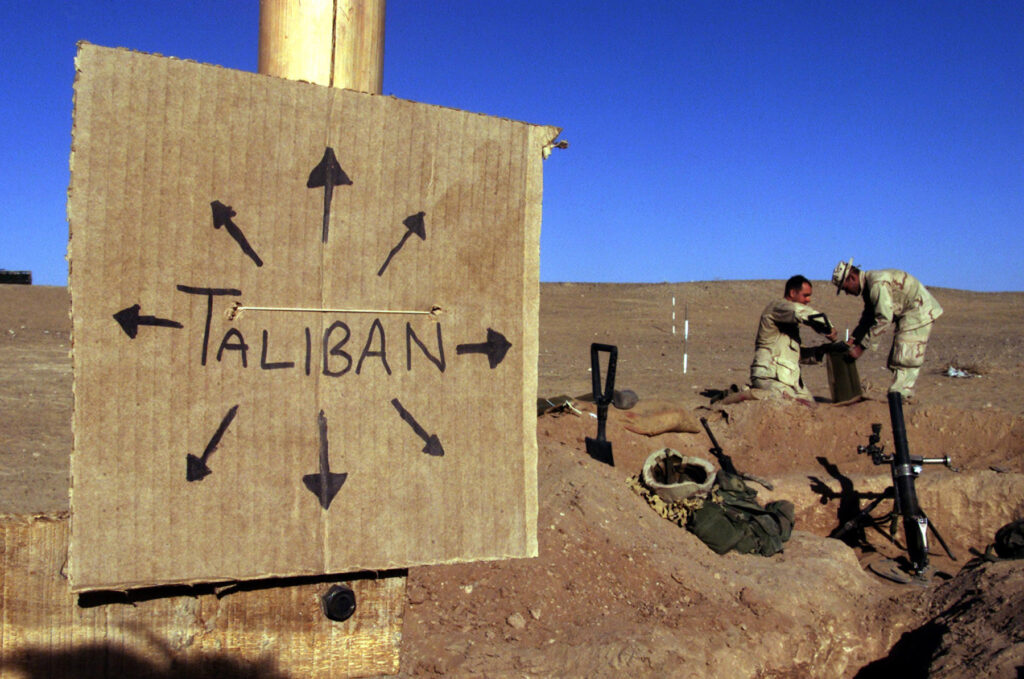
Despite the grim picture of turmoil and instability that has emerged in Afghanistan since the Taliban came to power, the Shanghai Cooperation Organization (SCO) has demonstrated a unique ability and efforts to resolve the Afghan crisis. As a regional organization, the SCO has shown interest in Afghanistan since its creation in 2001, primarily because the country’s stability affects its members, such as Pakistan, India, China, Russia, Iran and the Central Asian region. In this regard, in 2005, the SCO-Afghanistan contact group was created. Its main objectives are to establish dialogue with Kabul, combat security threats in the region, drug trafficking and organized crime, as well as contribute to the restoration of a peaceful, stable and economically prosperous state. However, as violence in the region escalated and US influence grew following its invasion in the country, the Contact Group lost its relevance and was disbanded in 2009.
Afghanistan received observer status in the SCO when President Hamid Karzai visited China in 2012 and signed the SCO counter-terrorism protocol in 2015. In 2018, Afghanistan officially reaffirmed its commitment to combating terrorism, extremism, drug trafficking and economic cooperation. The Afghan Contact Group was revived in 2017 and held annual meetings before the Taliban took power.
Today, during a period of global economic and political instability and conflicts in the Middle East, the revival of the activities of the SCO-Afghanistan contact group is more relevant than ever. Integrating Afghanistan into the Belt and Road Initiative will allow China to fill the economic and political power vacuum.
Uzbekistan, a member of the SCO, also plays an important role in dealing with the Taliban because many Uzbeks live in Afghanistan, although they are persecuted. Turkmenistan takes a neutral position, Kyrgyzstan and Kazakhstan take a wait-and-see position. Tajikistan supports the pre-Taliban government and hosts Afghan refugees and politicians.
The differences between India and Pakistan regarding Afghanistan could not be more serious. India was the last regional stakeholder to reach out to the Taliban, while Pakistan has friendly ties and influence with the previous and current Taliban regime.
Some of Afghanistan’s most pressing problems fall outside the organization’s mandate. Recognition, sanctions and humanitarian assistance are the responsibility of the UN.
More than 90% of Afghans are at risk of starvation. The SCO’s response to the humanitarian crisis was country-specific. For example, India sent medical aid and a shipment of wheat in collaboration with the World Food Programme. So far, $2.4 billion has been raised, less than the $4.4 billion requested by the UN.
The Taliban regime has violated its commitment to establish a representative and inclusive government. Restrictions on women’s freedom and human rights have threatened recognition, humanitarian assistance and access to frozen assets.
The situation is complicated by disagreements between SCO members at present. However, the revival of the activities of the SCO-Afghanistan contact group would contribute to the solution to the Afghan crisis in a more targeted and organized way, not within initiatives of a single SCO member country.

